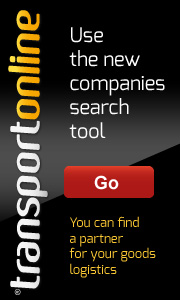Search Company:

IRU Secretary General Umberto de Pretto shared a video message during the opening session.
Turkmenistan’s Caspian Sea town of Awaza hosted the Ministerial Transport Conference of Landlocked Developing Countries, which was organised jointly by the Government of Turkmenistan and the Office of the High Representative for Least Developed Countries, Landlocked Developing Countries and Small Island Developing States. The high-level event, which took place on 15-16 August 2022, brought together representatives from 39 countries and 34 international organisations.
Landlocked developing countries have to overcome additional challenges and bear supplementary costs when trading with other countries due to their geographical constraints. The access of the world’s 32 landlocked developing countries to global markets depends on transit through neighbouring countries.
Most regional transport corridors are multimodal and require multiple transshipments of containers. Improving transport connectivity and interoperability are crucial for efficient operations, sustainable growth and strengthening cooperation between countries.
Addressing the high-level audience during the opening session, IRU Secretary General Umberto de Pretto said, “Inefficient customs procedures hamper economic growth in all countries but especially in landlocked developing countries. Using tried-and-tested UN instruments, such as TIR, facilitate trade and transport, and, ultimately, turn landlocked countries into land-linked trading nations.”
The delegates at the conference stated, in a unified voice, that international, multilateral instruments aimed at transit facilitation are important to keep borders running smoothly and efficiently. Taking stock of the pandemic’s impact, joint efforts should focus on initiatives and instruments, including the use of the TIR system and its digital tools, that facilitate the flow of goods across borders.
Speaking at the session on Accelerating Digitalisation for Enhanced Transit and Trade Facilitation and for Sustainable and Resilient Recovery from COVID-19, IRU General Delegate to Eurasia Vadim Zakharenko stressed that a quick implementation of digital TIR and consignment notes also reduce physical contact between transport workers and customs officers, boosting the seamless flow of goods across borders along “digital corridors”. Read more
Source: IRU




